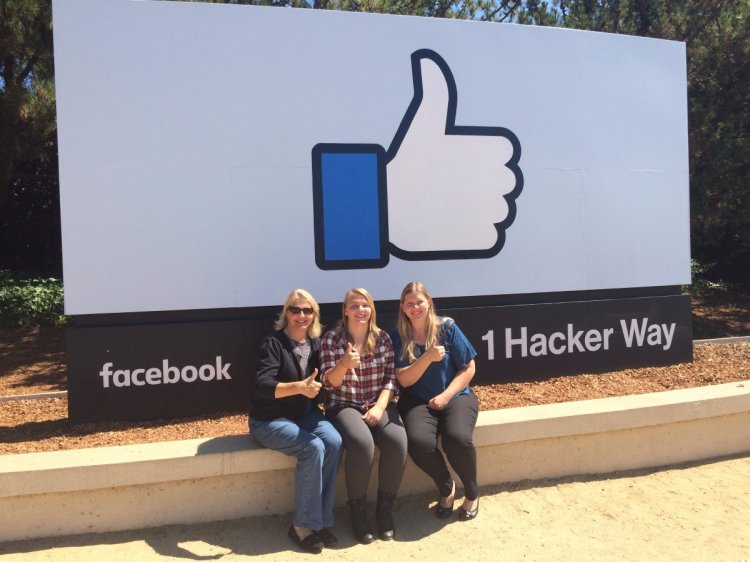In April, Facebook changed its branded content policy to allow media companies, publishers, and marketers to share their self-created content on the social network. It was originally limited to accounts with verified Pages, but now the policy has been extended to cover verified profiles.
Defined as any post that includes text, photos, videos, Instant Articles, links, 360 videos, and even live videos featuring a third-party product, brand, or sponsor, branded content is used as way for influencers of some caliber to monetize their presence on Facebook. The company claimed that within the past few months, it has “seen all kinds of publishers and influencers sharing different types of branded content on Facebook with their fans.”
While there are individuals that have verified Pages — whether they’re a group, a band, an organization, or a coalition — having a verified profile is perhaps preferred. Until today, these users had been penalized by Facebook by not being able to share content from companies that sponsor them. So for example, what if Golden State Warriors star Stephen Curry wanted to promote content from Under Armour, which sponsors him? Instead of creating a separate Page on Facebook, he’ll be able to do so from his individual profile.
The same can be said for who that aren’t professional athletes but are celebrities in their own right, be it a YouTube star or other content creators, such as musicians, bloggers, and comedians.
June 5th: The AI Audit in NYC
Join us next week in NYC to engage with top executive leaders, delving into strategies for auditing AI models to ensure fairness, optimal performance, and ethical compliance across diverse organizations. Secure your attendance for this exclusive invite-only event.
Branded content that can be shared include promotions, videos or photos featuring third-party brands (sponsors that differ from the profile or Page), endcards, product placement, sponsors’ logos, and posts that clearly disclose the content is sponsored or provided by a third party.

